Keywords: Christmas Story
-
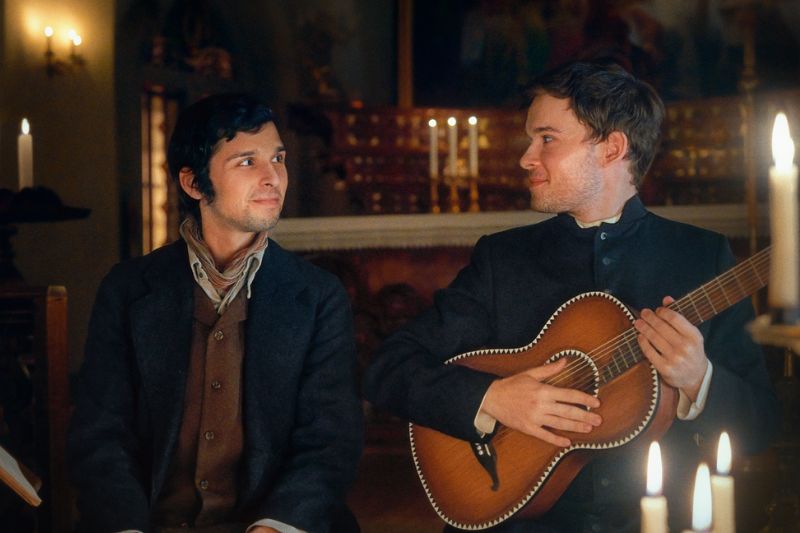
ARTS AND CULTURE
- Simon Smart
- 19 December 2024
Modern advertisements blend artistry and manipulation, tugging our heartstrings while selling us things we didn’t think we needed. Take the Austrian financial giant Erste’s annual Christmas ad, which this year chronicles the history of 'Silent Night.' It's breathtaking — until its message makes a baffling twist.
READ MORE
-
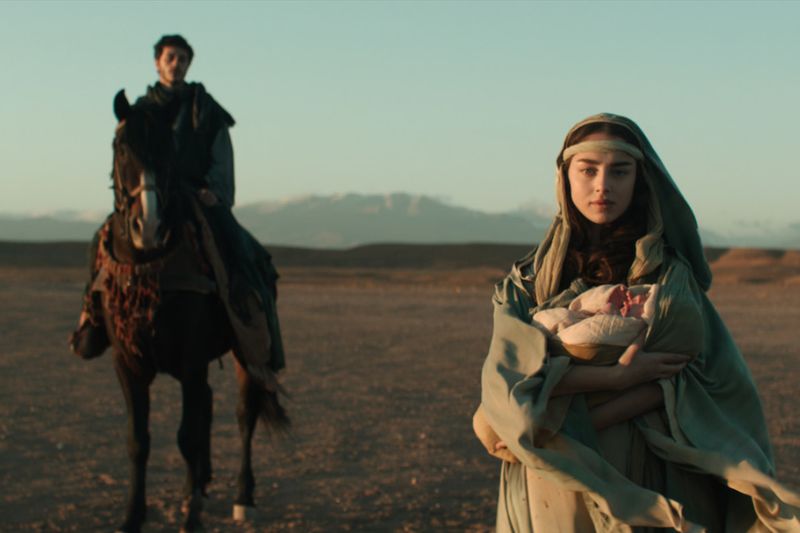
ARTS AND CULTURE
- Juliette Hughes
- 18 December 2024
In a year defined by uneven cultural offerings, books stood tall while cinema faltered and television treaded water. From Alexander Armstrong’s enchanting Evenfall to Patricia Briggs’ mystical Winter Lost, the literary landscape offered gems aplenty. Meanwhile, Netflix’s Mary proved a thunderous flop, and Barbie charmed in pink. Let the debates begin.
READ MORE
-

AUSTRALIA
- Emma Wilkins
- 18 December 2024
Gift-giving should be a celebration of kindness, but modern rituals often entangle us in obligation and excess. From generous neighbours to Christmas present hauls, reciprocal gifts build and shape our relationships. But what does it mean to give without strings?
READ MORE
-

AUSTRALIA
- Andrew Hamilton
- 16 December 2024
At Christmas, the sacred and the secular seem locked together. Amid the tinsel and toasts, there’s a deeper narrative: one of radical generosity, shared humanity, and solidarity with the marginalised. This season invites not just celebration but reflection on who we are—and who we might become.
READ MORE
-
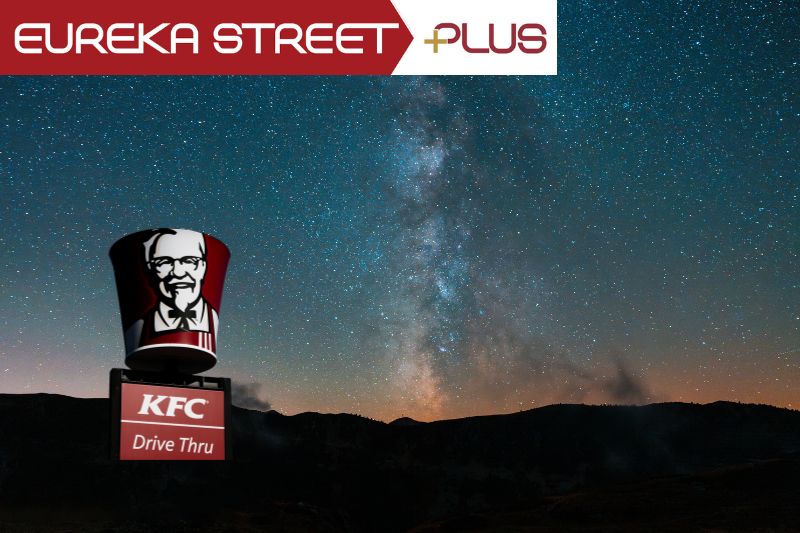
AUSTRALIA
- Michael McGirr
- 22 November 2024
3 Comments
There’s this other place that is neither heaven nor earth but which you might find in the car park of the third busiest KFC in Melbourne, waiting for your son to finish his shift. A bin beside the car is overflowing with all the packaging that comes with fast food, not to mention the remains of poor dead chooks whose life it is hard to imagine.
READ MORE 
-
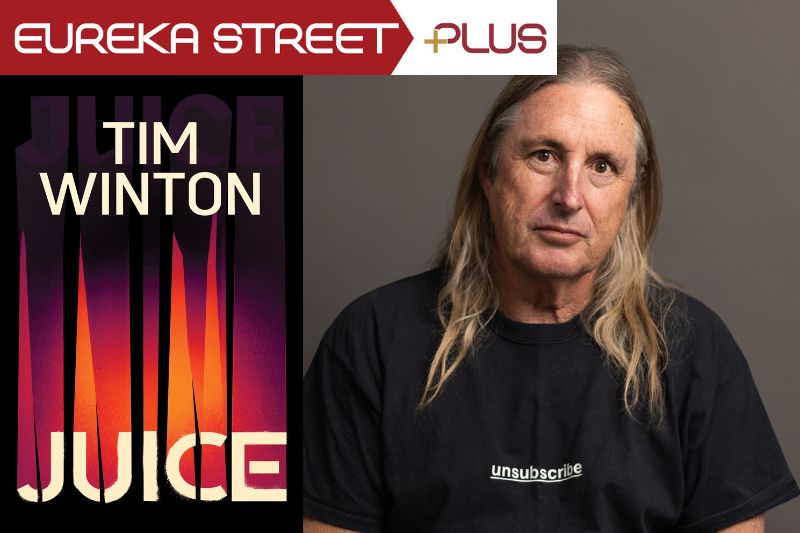
ARTS AND CULTURE
- Peter Craven
- 25 October 2024
In Juice, Tim Winton crafts a haunting world where climate apocalypse and moral ambiguity collide. This monolithic novel depicts a dystopian future scarred by climate change, with Winton’s intricate prose showcasing his mastery and leaving readers to grapple with its fierce ethical landscape.
READ MORE 
-
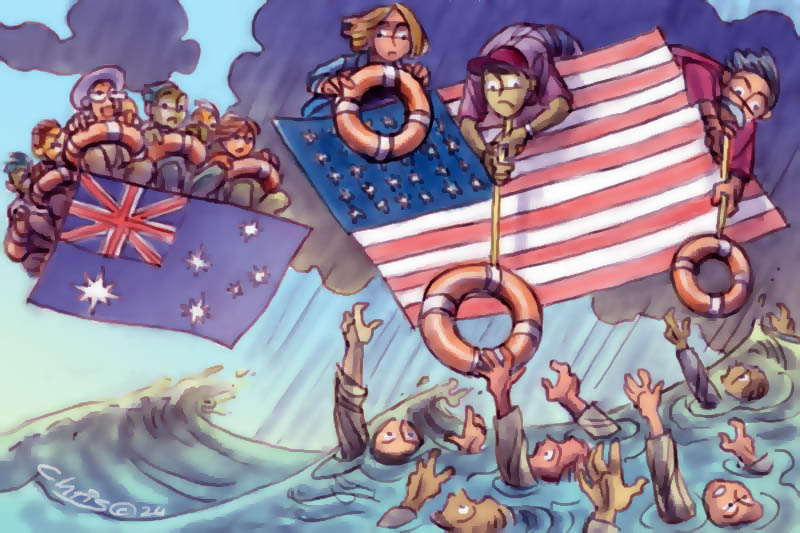
INTERNATIONAL
- Sarah Klenbort
- 03 April 2024
4 Comments
Americans, facing high healthcare costs, frequently resort to crowdfunding for essential treatments, highlighting a reliance on volunteerism to fill government gaps. Meanwhile, Australians, benefiting from a higher tax-funded safety net, donate less to charity. So how do differing approaches to social welfare influence the spirit of community and generosity?
READ MORE
-
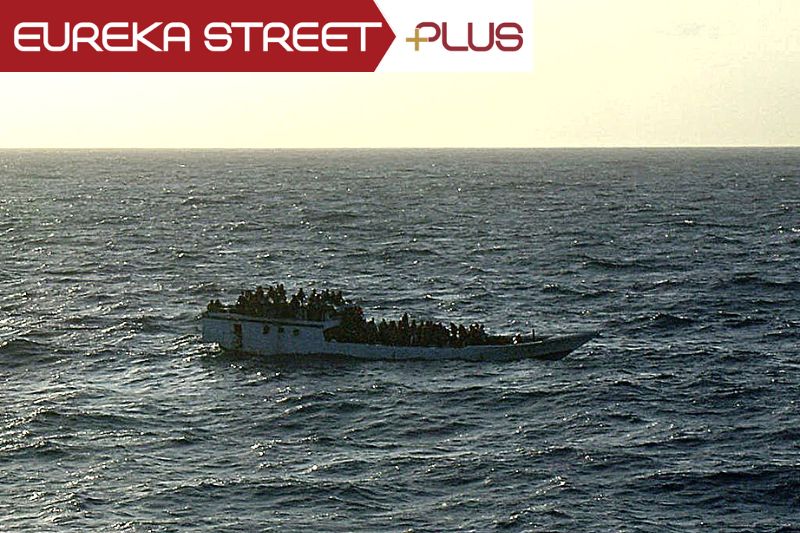
AUSTRALIA
- Kerry Murphy
- 04 January 2024
Throughout recent decades of Australian history, the stance every government has taken on asylum seekers has reflected the shifting political landscapes and challenging humanitarian issues that have continually shaped Australia's response to those seeking refuge.
READ MORE 
-
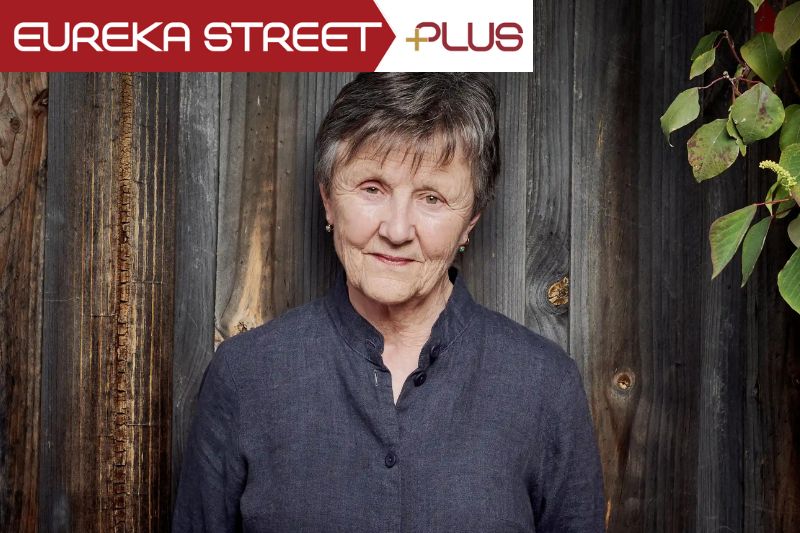
ARTS AND CULTURE
- Paul Mitchell
- 04 January 2024
Arguably Australia’s most celebrated living author, Helen Garner has built a reputation as a fearless and unapologetic writer whose work has remained fresh and relevant for over 45 years. We sat down with Helen to explore the challenges of confessional non-fiction, her fondness for church, and her commitment to unsparing self-analysis.
READ MORE 
-
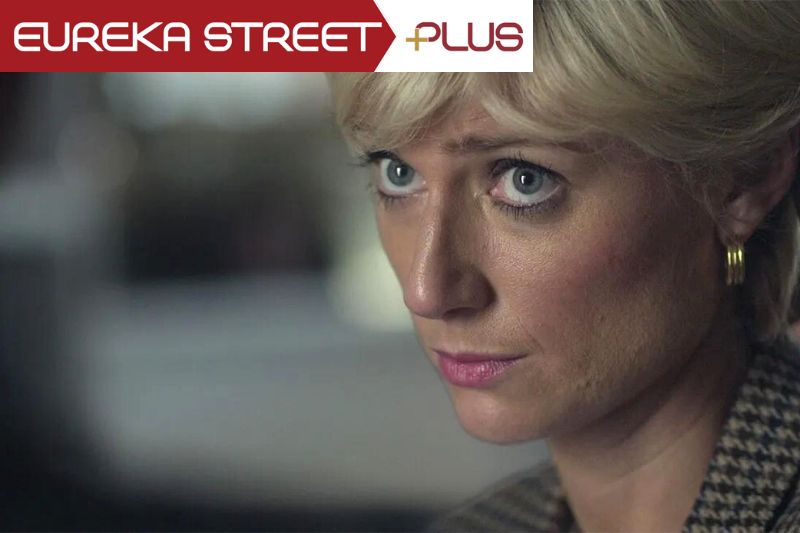
ARTS AND CULTURE
- Peter Craven
- 15 December 2023
The Crown, that extraordinary TV series about the British Royal Family, is drawing to a close, with the final six episodes released in the prelude to Christmas. In the meantime, the producers have shrewdly done a quartet of episodes about Diana, with Australia's Elizabeth Debicki giving a dazzling performance as ‘the People's Princess’.
READ MORE 
-
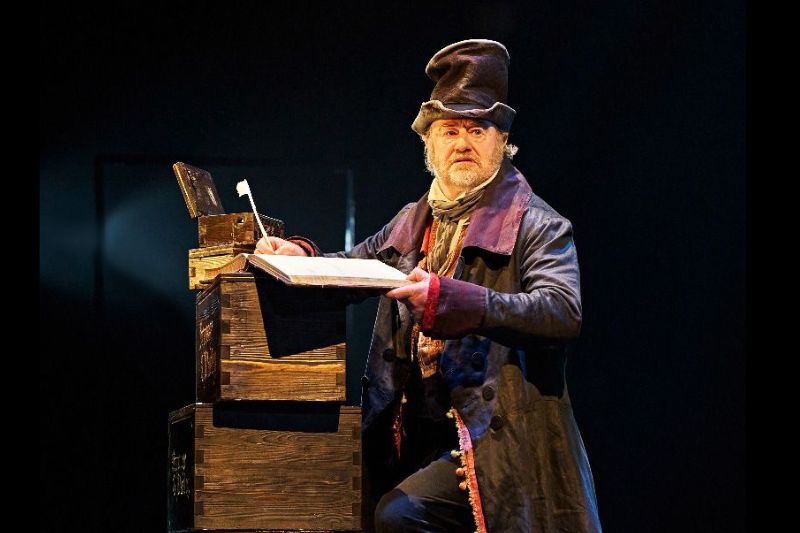
ARTS AND CULTURE
- David Halliday
- 30 November 2023
2 Comments
Why another Christmas Carol and why now? This version takes a detour from Dickens’ original delving deeper into Scrooge’s past, painting him not just as a villain, but as a victim of circumstances. It suggests that behind every act we hastily label as ‘cruel’ lies a story of fear and anxiety, and a flesh-and-blood human being. And forgiveness, then, becomes an acknowledgment of our shared human frailty.
READ MORE
-
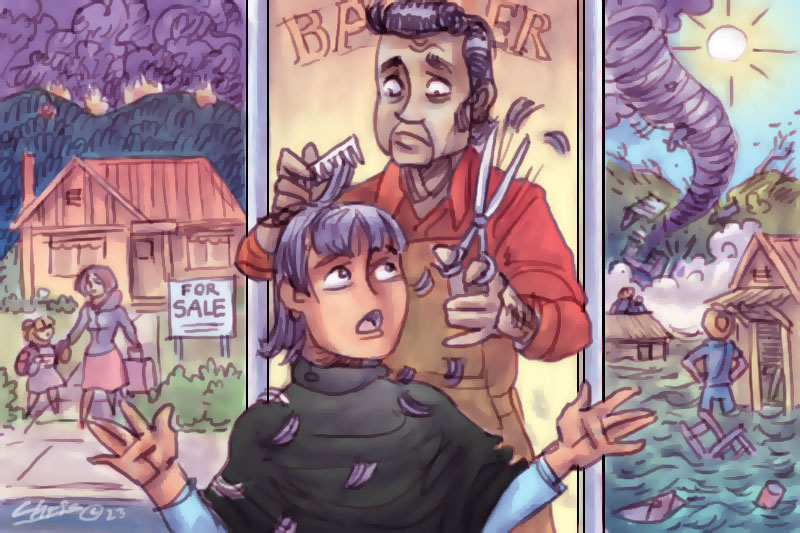
ENVIRONMENT
- Anthony N Castle
- 28 November 2023
1 Comment
There is an economic case for acting on the climate crisis but the economics can be a distraction unless we start the conversation at the right place: the environment. A heating climate will cost us trillions. If we don’t act at all, it will cost us everything.
READ MORE